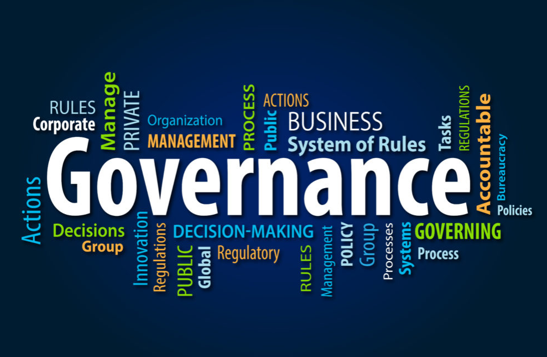Good governance

It is generally accepted that governance is about working together towards a common goal (Girginov 2022, p. 86). The Latvian Law on Sport establishes good governance as a fundamental principle of the sport sector. On the objective side, good governance exists independently of our perception and is based on evidence (Bartley & Radnitzky 1987, Minger 2015). On the subjective side, good governance is continuously shaped by those in power, and is created by social interaction and independently changeable (Van Eekeren, 2021, p. 255). The decisions of officials create causal chains of consequences that have a long-term impact on the development of the sector (Mumford 2015, p. 277). Good governance is needed to ensure that these actions do not have harmful consequences for the community and that sport organisations fulfil their responsibilities in the best interest of the community.
The legal framework for good governance in sport is set out in the following laws and regulations issued by the Council of Europe and the European Union. Council of Europe: 1. 2004 Resolution on Principles of Good Governance in Sport, 2. Recommendation Rec (2005) 8 on Principles of Good Governance in Sport, Resolution 1875 (2012) on Good Governance and Ethics in Sport. European Union: 1. 2000 Nice Declaration on Sport and its Social Function in Europe, 2007 White Paper on Sport, 2011 Communication to the European Parliament on Developing the European Dimension of Sport, 2013 Principles of Good Governance in Sport (Expert Group GG).
Council of Europe Recommendation CM/Rec (2018)12 addresses aspects of central government sports organisations with the aim of improving the governance of sports organisations and limiting opportunities for corruption. The Recommendation states that it is particularly important for the governance of sport to respect ethical principles and accountability – to ensure that the sport organisation respects the rule of law and that its activities comply with the provisions of the laws in force in the country. It is imperative that the organisation has a code of ethics and procedures in place to eliminate conflicts of interest. The financial operations of the sports organisation must be managed in a transparent and accountable manner, respecting the interests of the majority. All stakeholders must be involved in strategic decision-making processes. Governance must be democratic, based on clear and regular electoral procedures open to all members. The organisation must treat members fairly and equally, and respect gender equality and solidarity.
The good governance guidelines for sports federations also include various other principles and criteria, such as accountability for performance, democratic decision-making, balance of interest representation and effective resource management. There is no single definition of good governance, it is a diverse set of norms and principles which, like good health, cannot be contained in a single definition. Therefore, the Guiding Principles are not exhaustive and do not cover the full range of good governance obligations.